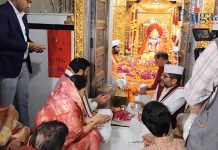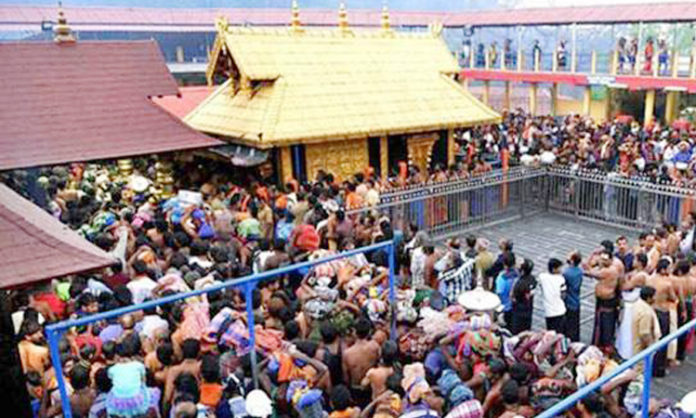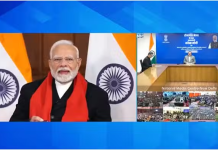A five-judge Constitution Bench headed by Chief Justice Dipak Misra on Friday pronounced its verdict on a batch of petitions challenging restriction on the entry of women in the age group of 10 to 50 in the famous Sabarimala Temple in Kerala.
The CJI and Justice AM Khanwilkar ruled against the restriction on women, saying it’s not an essential religious practice. The CJI said the exclusionary practice is invalid.
The CJI and Justice Khanwilkar allowed petitions against restriction on the entry of women in the age group of 10 to 50 to the temple.
There were four verdicts. The first one by CJI Dipak Misra and Justice AM Khanwilkar, the second and third verdicts by Justice Rohinton F Nariman and Justice DY Chandrachud. The first four verdicts were concurring.
Justice Indu Malhotra–the lone woman judge on the five-judge Constituion Bench–delivered a dissenting verdict.
CJI Misra delivered the first verdict for himself and Justice Khanwilkar. The CJI spoke against patriarchal religious practices.
The CJI and Justice Khanwilkar ruled that followers of Lord Ayyappa didn’t constitute a separate religious denomination.
Justice Nariman said the practice violated women’s right to religion and right to equality.
Majority ruled against the Sabarimala Temple entry restriction on women.
Justice DY Chandrachud termed the practice derogatory to women. He said religion couldn’t become a cover for such discriminatory practices; women couldn’t be treated as children of lesser Gods. Justice Chandrachud termed it a patriarchal practice. He, too, held that followers of Lord Ayyappa didn’t constitute a separate religious denomination. He said the practice was against the dignity of women.
Earlier, after an eight-day marathon hearing, the Bench–which also included Justices RF Nariman, AM Khanwilkar, DY Chandrachud and Indu Malhotra–had reserved its verdict on August 1.
Senior Advocate K Ramamoorthy, who is assisting the Supreme Court as amicus curiae in the Sabarimala Temple entry restriction case, had asserted during the hearing that the state could not interfere with religious affairs of the temple as the Constitution entitled it to deal with only the secular aspects of religion.
“Temples in South India were taken over by state governments for political reasons as they bring money to the state. But the state can only interfere with secular affairs related to temple management,” Ramamoorthy had submitted.
















































